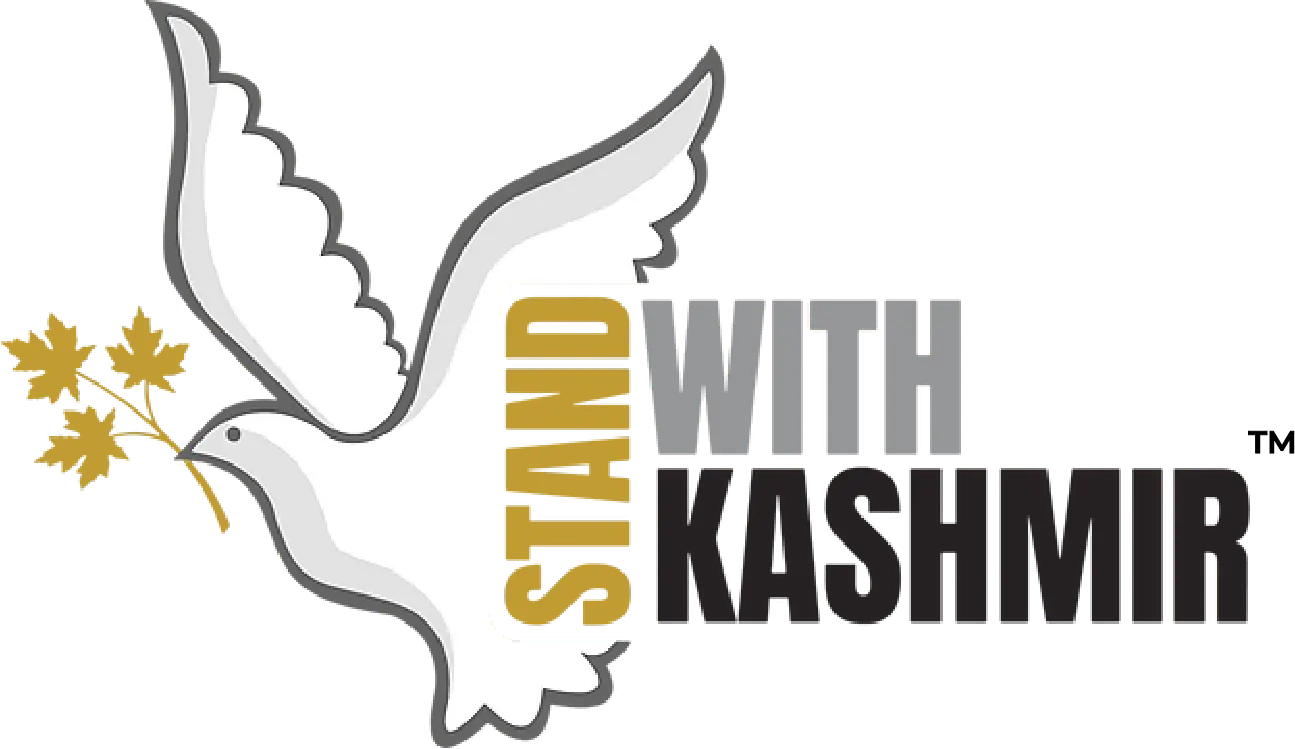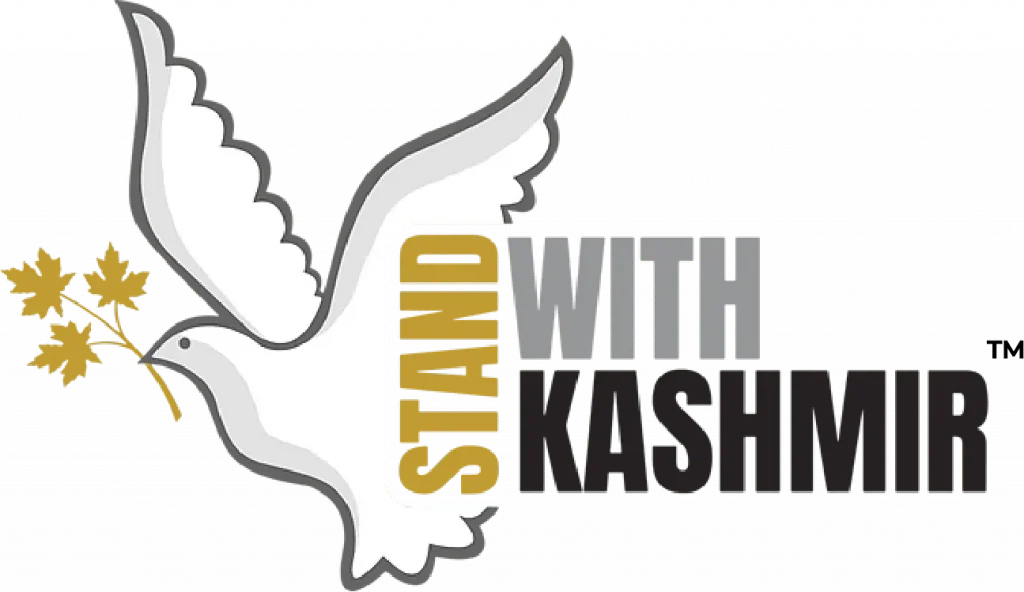Poonch and the surrounding areas revolted against the Dogra rule because of its anti-Muslim policies. There is a demand to join Pakistan and form “Azad (Free) Kashmir” (AJK) in cooperation with Pakistan.
August
August 1, 1947
Poonch Rebellion
August 1, 1990
Pattan Massacre
12 Kashmiris were killed when the tire of one of the Army vehicles in a convoy in the area suddenly burst and the forces mistook it as an attack and resorted to firing directly at civilians injuring over 100 Kashmiris.
August 3, 1998
Sailan Massacre
13 females and 6 male members of three closely related families were shot to death at point blank range in their homes in Sailan village, in the Surankote Tehsil, of the ‘border district’ of Poonch in Jammu Region of Jammu and Kashmir, by 4 Special Police Officers (SPOs) and personnel of the 9 Para commando battalion (under the control of Major Gaurav Rishi), an elite commando unit of the Indian Army.
Later on, the dead bodies were horribly cut into pieces with axes and other sharp instruments. Even though the families approached the Jammu and Kashmir High Court for investigations in 2012, and the case was eventually handed over to the Central Bureau of Investigation (CBI) to carry out proper investigations, the CBI concluded that the case should be closed, exonerated the named accused and stated that the families of the victim were untruthful.
August 5, 2019
India Unilaterally Alters Status of Jammu & Kashmir
The Indian government revoked Articles 370 and 35A of the Indian Constitution, which guaranteed Jammu & Kashmir a semi-autonomous status and ensured its indigenous residents exclusive rights to permanently settle, purchase immovable property, and be employed in the state government.
Though India had eroded Kashmir’s semi-autonomy over the years, on August 5, India stripped J&K of its statehood entirely and divided it into two Union Territories directly under Indian control, without prior warning or consultation of Kashmiris. The Indian government deployed thousands of additional troops to Kashmir, ordered a complete curfew, and severed telecommunications and internet services for six months, resulting in the longest internet shutdown ever imposed by a ‘democratic’ government. Thousands of Kashmiri political workers, activists, journalists, students, business leaders, lawyers, human rights defenders, teachers, and children, were arrested and detained without charge.
August 10, 1990
Pazipora Massacre
On August 10, 1990, an Indian army convoy entered the village of Pazipora, a village near Kupwara in north Kashmir, and open-fired at villagers killing 26 Kashmiris and injuring over 60 people. There were reports of molestation by the army and burning of residential structures.
August 11, 2008
Muzaffarabad Chalo March
Kashmir traders and Hurriyat call for Muzaffarabad march to protest the economic blockade placed on July 2 by Indian right-wing Hindu groups like BJP (Bharatiya Janata Party) and VHP (Vishva Hindu Parishad). The blockade was put in place after the Amarnath Land transfer order was called off. Dozens of Kashmiris are killed, including Hurriyat leader Sheikh Abdul Aziz.
Please contact us regarding any event detail
or edit that you may have for the dates on this page
©2025 StandWithKashmir All rights reserved. SWK is a 501(c)(3) non-for-profit organization.

